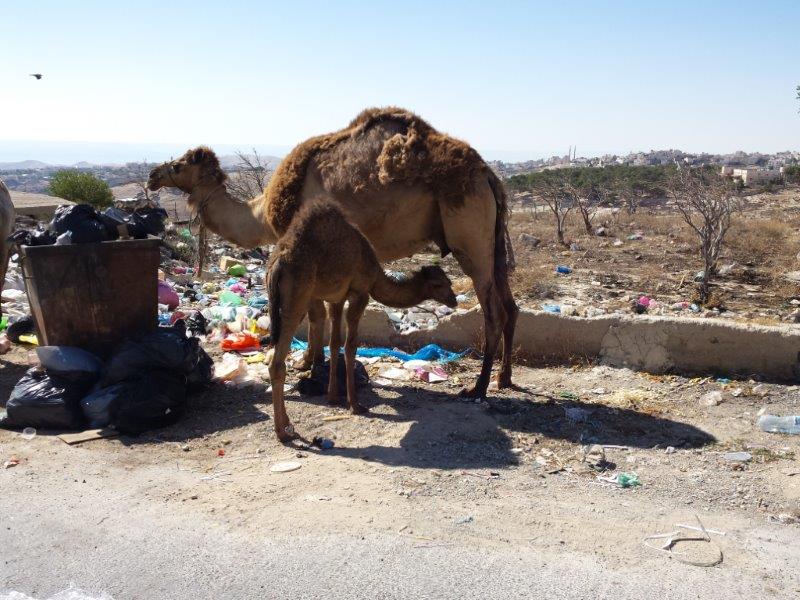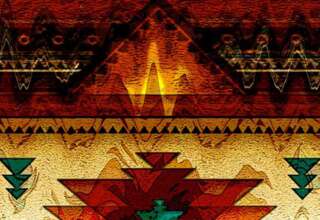
Anata, March 2009. I was supposed to visit Bashar, but during that day he repeatedly postponed our meeting to a later time. Afterward he explained and shared – for me – a thrilling experience. He had just finished a sulha over the theft of some bronze utensils by a member of one of the Bedouin families, from the local church that was taken care of by a Christian organization. This incident could have resulted in a longstanding dispute between the Bedouin community and the local Palestinians, but it was solved peacefully. The sulha was the end of a process of negotiation, and attended by representatives from the organization and from the Bedouin families, including the whole council of families. Altogether, there were about sixty men. Bashar functioned as mediator. To add force behind the need to solve the issue, he had brought along his heavy-built friend and helper, Dahud. The different parties sat together and finalized the agreement. The representatives of the organization had threatened to go to the police, something perceived as particularly shameful for the Bedouin community. Therefore, the family was eager to return the utensils. Eventually, an agreement was signed in which a large sum of money would be given to the church in case a similar incident would repeat itself. They drank coffee and as part of the arrangement, the guests were served a feast, paid for by the alleged suspect.
Demography
The Bedouins are originally an ethnic group of Arab tribal nomads. Even so, the term “Bedouin” is changing from denoting a way of life in the past to marking an identity today. The Bedouins from Algeria to Saudi Arabia go through socioeconomic and sociopolitical change, which include colonial impacts, commercialization of pastoral production, occupational change, and settling (Cole, 2003).






